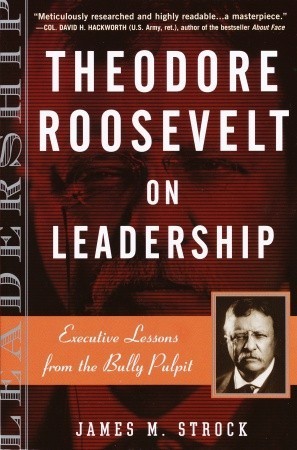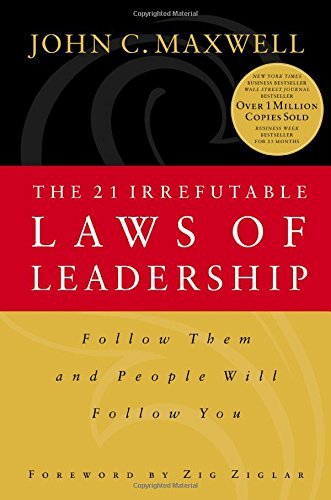
Leadership: Past, Present & Future
Book Description
What if the keys to transforming the future of leadership lie hidden in the mistakes of the past? In "Leadership: Past, Present & Future," Carlos Rivera unravels the threads of history, revealing the timeless principles that shaped iconic leaders. With riveting anecdotes and piercing insights, this dynamic exploration challenges conventional wisdom, urging visionaries to embrace innovation while respecting tradition. Each chapter ignites a powerful dialogue about legacy and responsibility, captivating minds as it beckons toward a bold tomorrow. Are you ready to unlock the potential within yourself and lead in a world hungry for change?
Quick Book Summary
Leadership: Past, Present & Future by Carlos Rivera is a thought-provoking journey through the evolution of leadership, bringing together historic wisdom, current practice, and a visionary outlook. Rivera explores how the missteps and triumphs of leaders across eras hold crucial lessons for shaping tomorrow's trailblazers. The book masterfully weaves vivid stories, dissecting what makes great leaders effective—and where they falter—while challenging readers to blend innovation with enduring traditions. Rivera contends that authentic leadership arises from a deep awareness of one’s legacy and responsibility to future generations. The book encourages self-reflection and bold action, making it essential reading for those aiming to inspire meaningful change in themselves, their organizations, and society as a whole.
Summary of Key Ideas
Table of Contents
Learning from Historical Leadership Failures and Successes
Rivera opens with a sweeping analysis of leadership through the ages, diving into well-known historical examples to spotlight how past leaders’ mistakes and achievements inform modern approaches. He demonstrates that failures are as instructive as triumphs and that progress often arises from candidly confronting and understanding what once went wrong. This section lays the groundwork by emphasizing the value in studying history not to repeat it, but to learn from it and transform it into wisdom for contemporary challenges.
Balancing Tradition with Innovation
Transitioning into the present, Rivera confronts the tension between preserving time-tested principles and embracing new paradigms. He explains that while the core of leadership remains rooted in values such as trust, integrity, and vision, the methods and tools are rapidly evolving. Leaders must remain connected to foundational truths without resisting change, developing the agility to respond to modern complexities while upholding a sense of purpose.
Legacy and the Responsibility of Leaders
Rivera then delves into the concept of legacy, urging leaders to consider the long-term impact of their decisions and actions. He warns against the pitfalls of short-term thinking and advocates for stewardship that goes beyond personal gain. Through anecdotes and reflective exercises, readers are encouraged to define the type of imprint they wish to leave, recognizing that true influence extends into future generations and encompasses responsibility for both people and the broader world.
The Evolving Nature of Influence and Authority
The discussion addresses how influence and authority are being reshaped by society’s shifting expectations and the rise of decentralized power structures. Rivera analyzes the changing dynamics of leadership, where collaboration, emotional intelligence, and adaptability are now as important as command and control. He illustrates how leaders who embrace openness and foster diverse perspectives are better positioned to succeed in an interconnected world.
Shaping the Future with Vision and Courage
In his concluding exploration of the future, Rivera advocates for boldness, creativity, and vision. He emphasizes that the next generation of leaders will be defined by their willingness to challenge the status quo and pioneer new solutions, all while remaining grounded in ethical considerations. The book ends with a call to action—inviting readers to unlock their own potential and step forward as catalysts for positive change in a world urgently needing strong, conscious leadership.
Download This Summary
Get a free PDF of this summary instantly — no email required.





